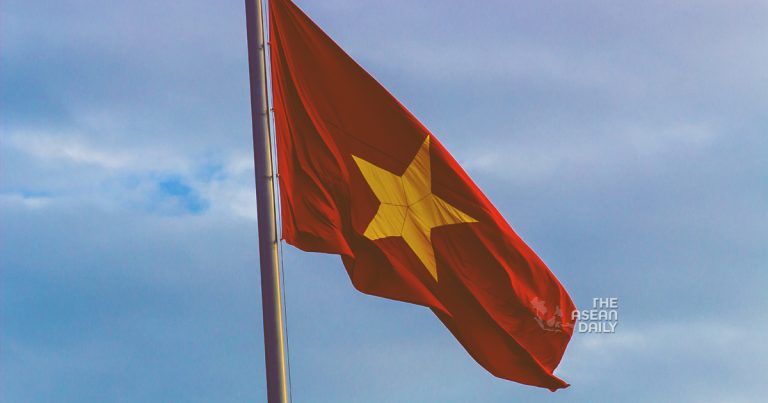21-5-2024 (HANOI) In a pivotal move that paves the way for a leadership reshuffle at the highest echelons of power, Vietnam’s National Assembly announced on Tuesday (May 21) that it will vote to dismiss To Lam from his current position as Minister of Public Security, facilitating his anticipated election as the country’s new state president later this week.
The 66-year-old To Lam has been nominated by the ruling Communist Party’s top committee to assume the presidency, one of the four most influential posts in Vietnam’s political hierarchy. The assembly is scheduled to vote on his candidacy for the presidency on Wednesday.
Notably, the decision to remove To Lam from his ministerial role overseeing the nation’s powerful internal security agency was not initially on the legislature’s agenda. Bui Van Cuong, the assembly’s secretary, had previously stated on Sunday that To Lam would retain his position as minister even after being elected president.
However, in a reversal on Tuesday, Cuong cited “opinions from relevant authorities, the laws, and a proposal from the prime minister” as the impetus behind the change in plans.
To Lam has held the position of Minister of Public Security since 2016 and was admitted to the Communist Party’s influential Politburo, its most powerful decision-making body, in 2021. He has been a central figure in the country’s high-profile “blazing furnace” anti-corruption campaign, aimed at rooting out widespread graft but also viewed by critics as a tool for sidelining political opponents amid internal power struggles.
The leadership shakeup, which began in March, has already seen the departure of three of Vietnam’s top five leaders, including the former house speaker, president, and a senior politburo member, all of whom resigned due to unspecified “wrongdoings.”
As the National Assembly prepares to vote on To Lam’s ascension to the presidency, the move underscores the complex dynamics at play within Vietnam’s political landscape, where power transitions often occur through carefully orchestrated maneuvers within the upper echelons of the Communist Party.
While To Lam’s nomination signals his elevated status and the trust placed in him by the party’s elite, the dismissal from his ministerial post also highlights the intricate balance of power and influence that must be maintained among the country’s top leadership.




